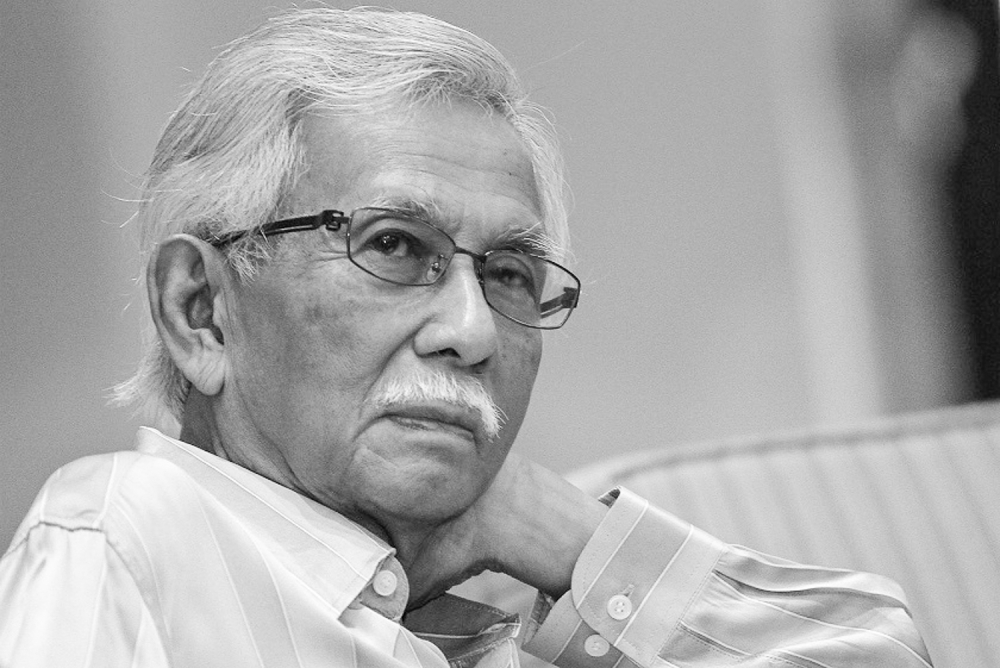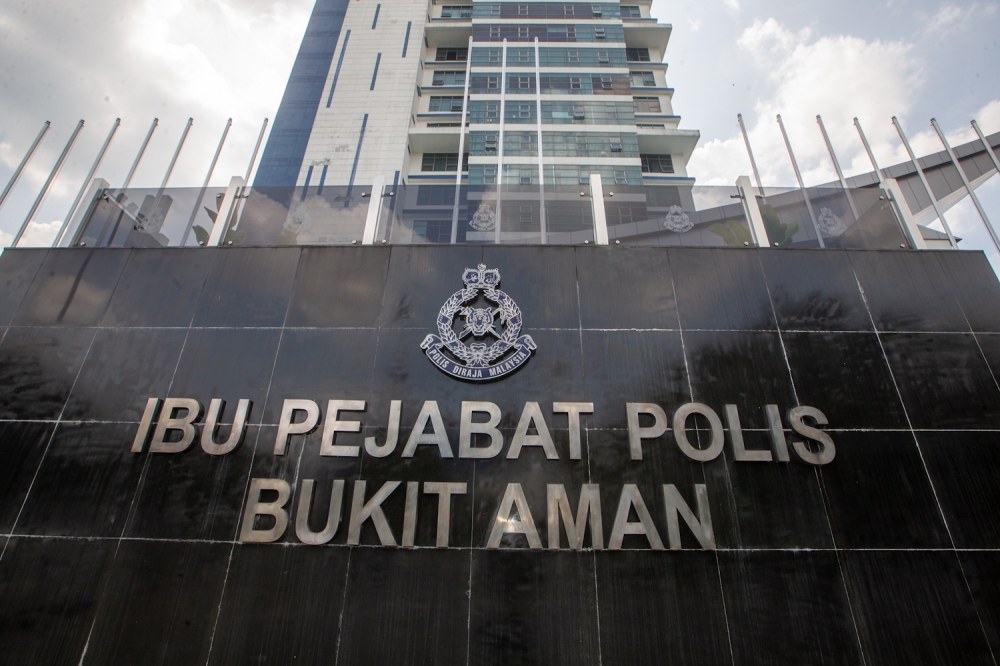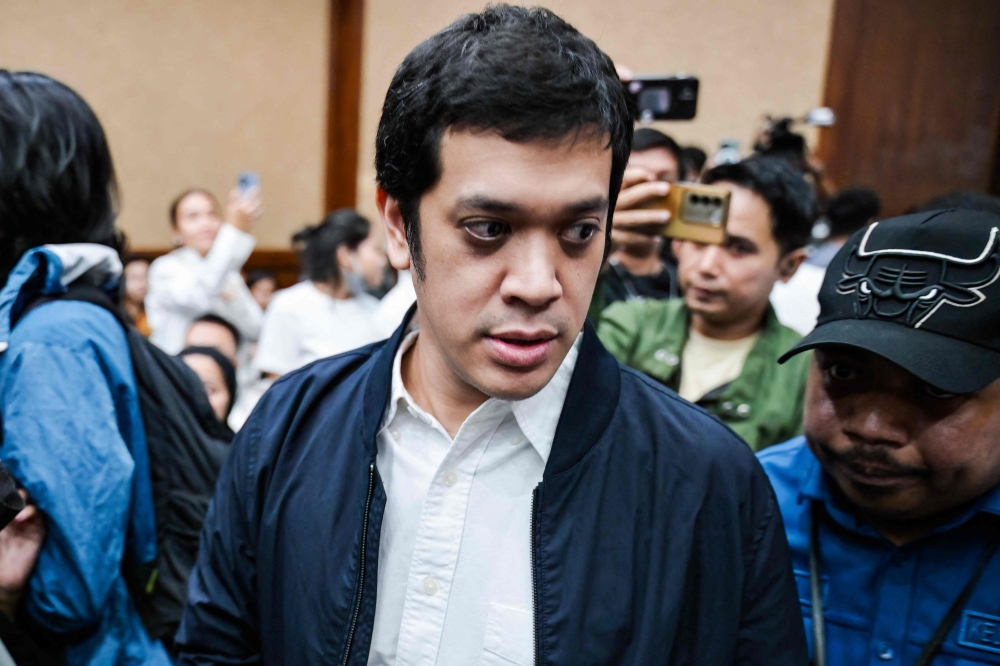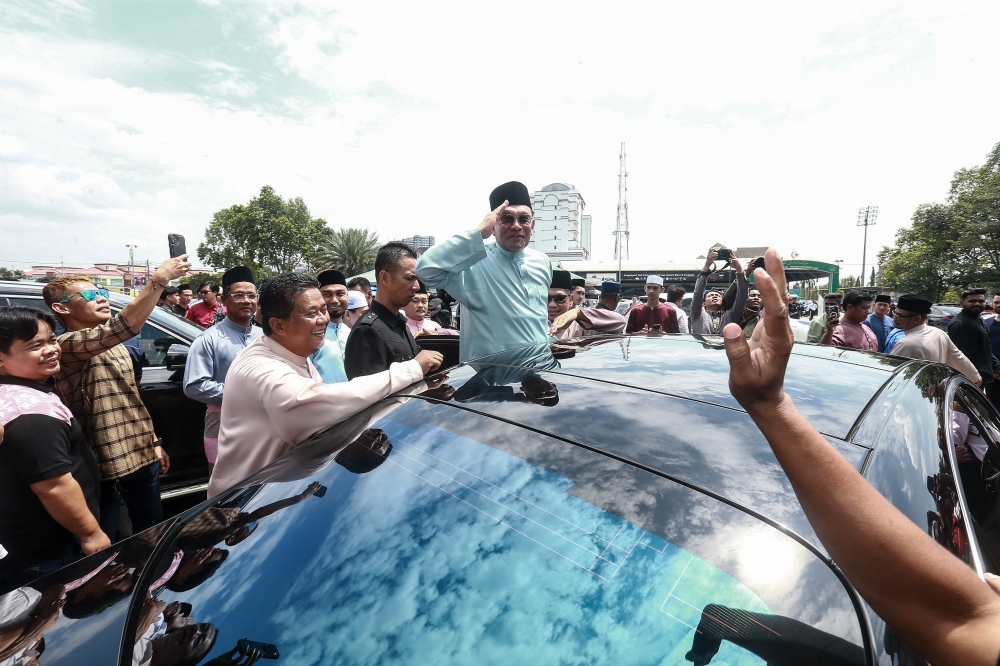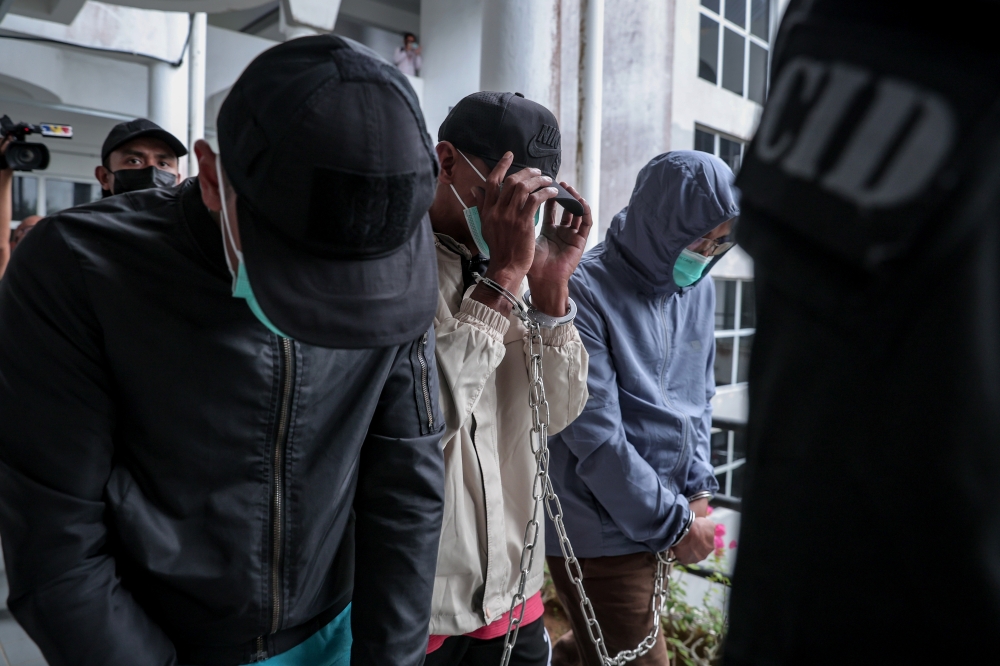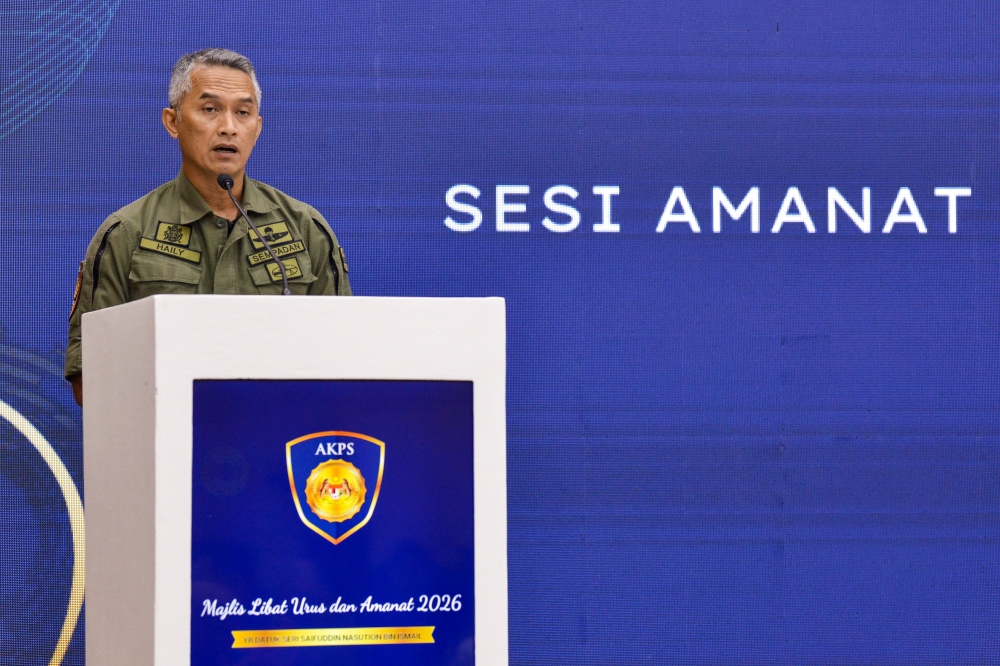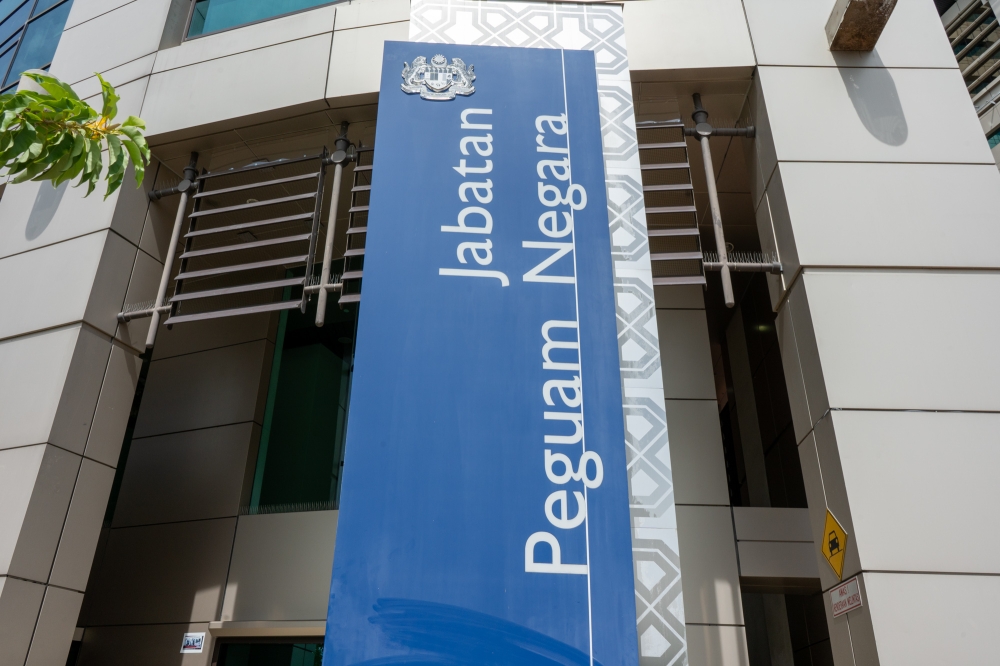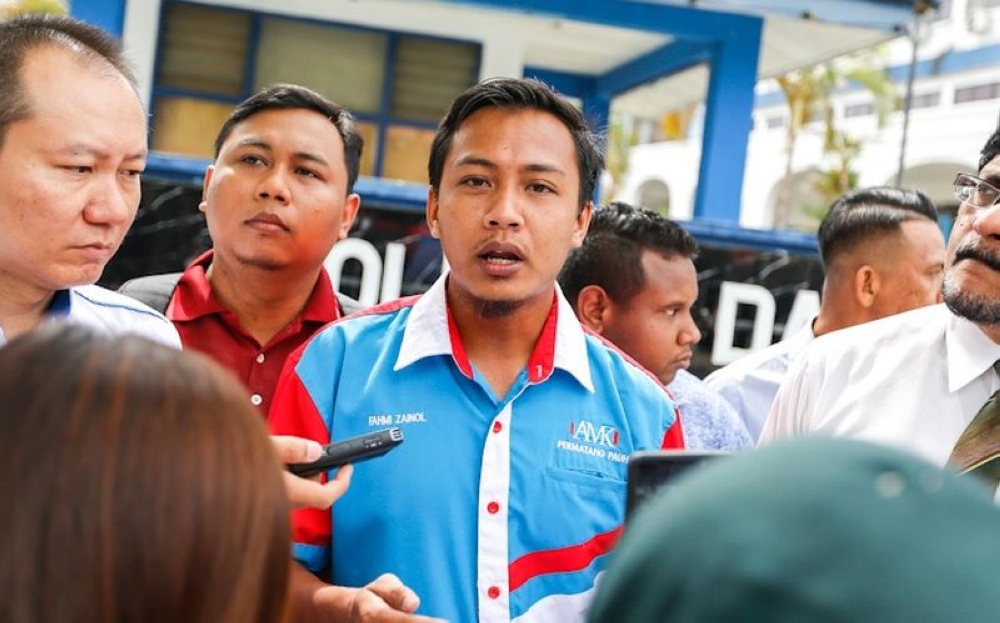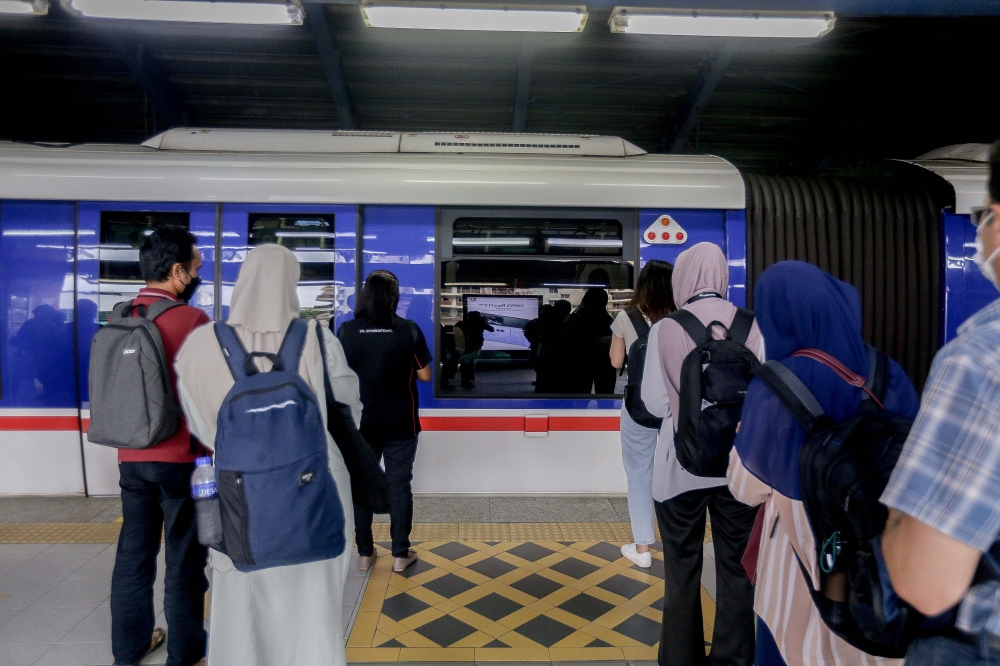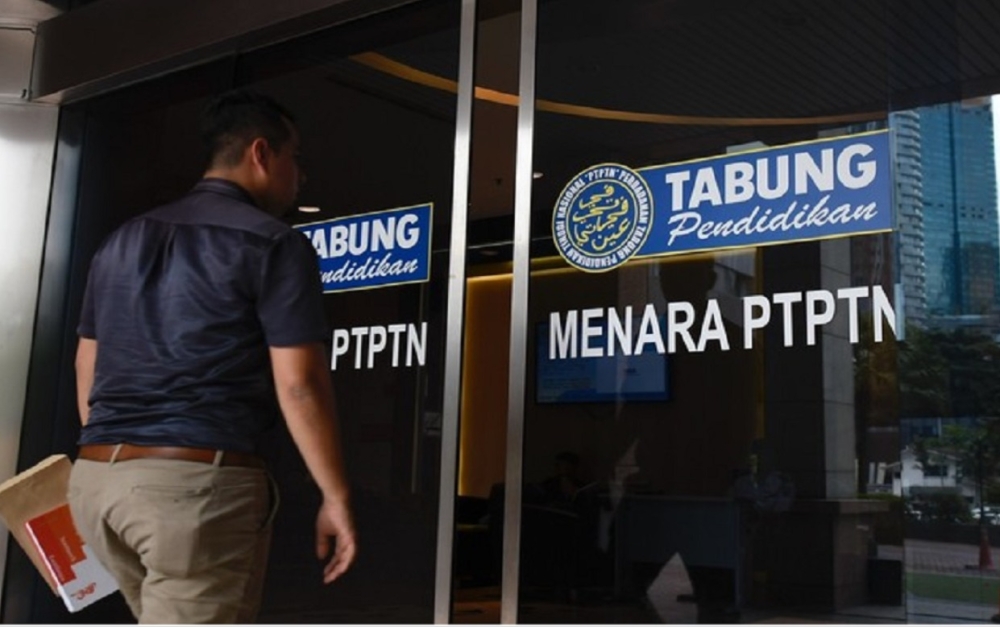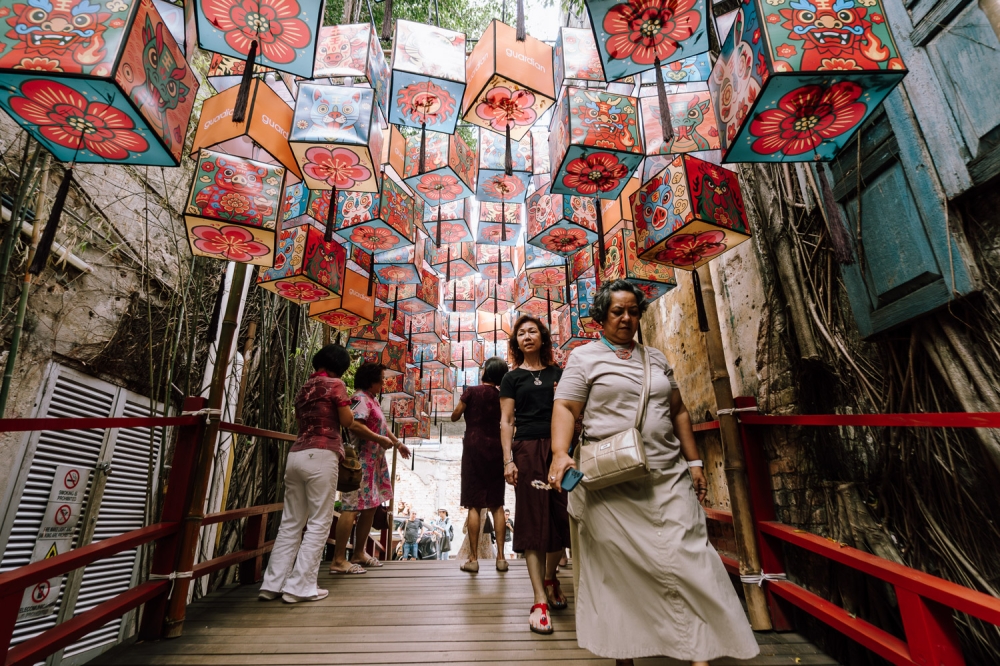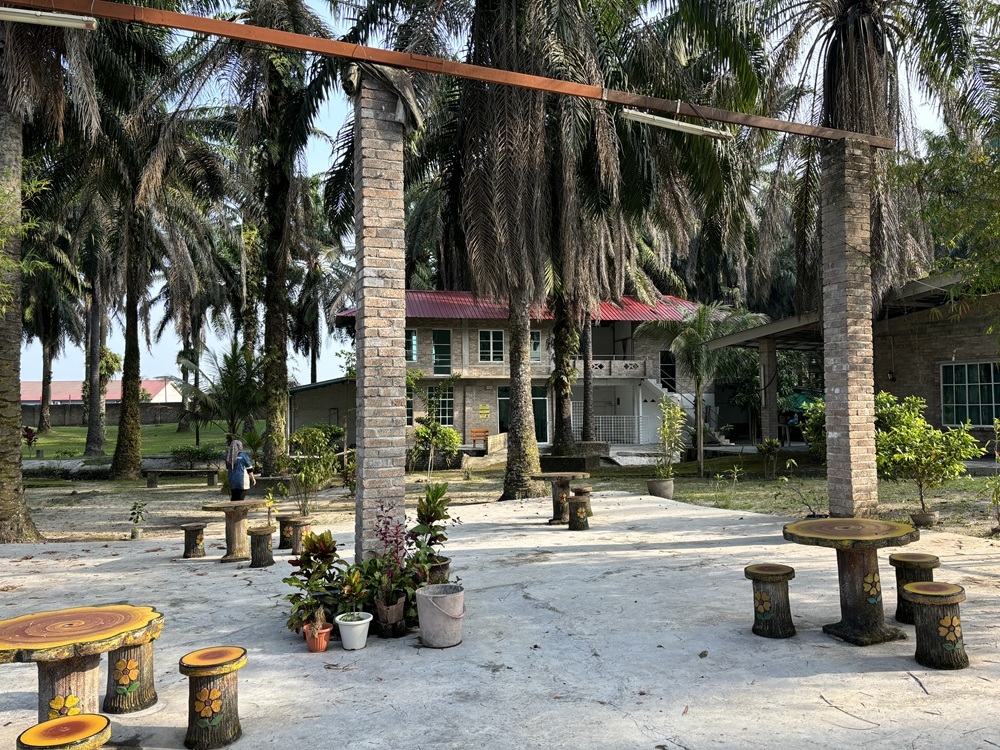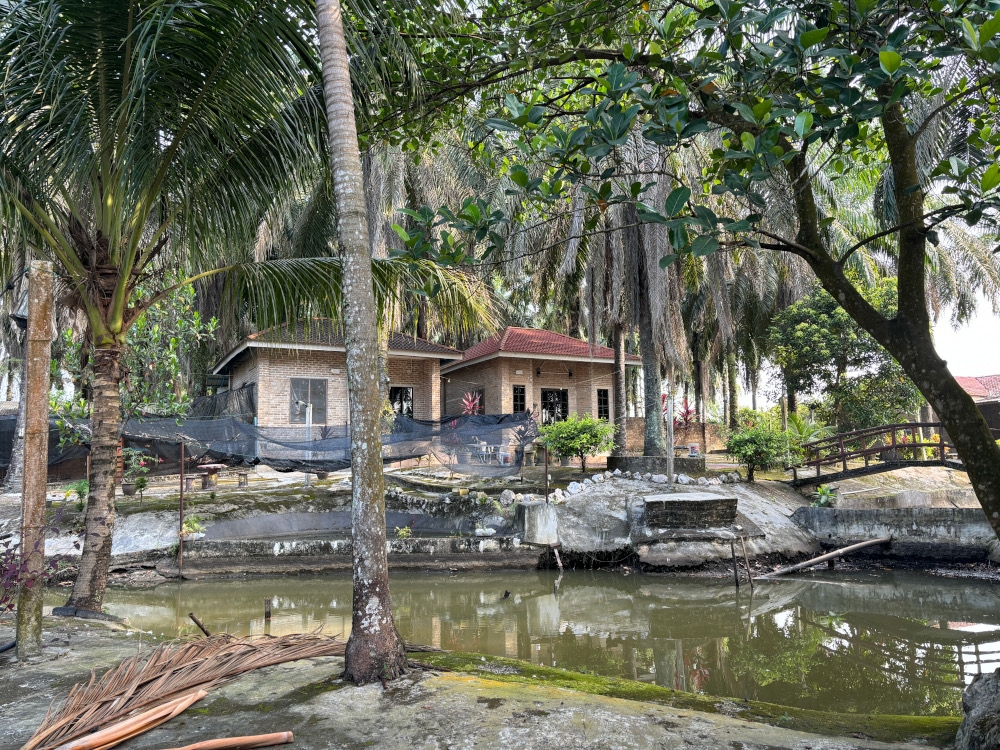MAY 23 — For a people to walk forward together, all must challenge their personal preferences.
If to choose nation over self requires change, shouldn’t change be considered?
Or does nation only come after personal considerations, or more to the point, communal considerations?
This is about the current debacle over the education minister’s defence of the matriculation system, his broad-stroke on Chinese people — putting millions into a single basket — and attack on Chinese language requirements for employment.
Which inadvertently brought together various difficult issues, referred to as the Maszlee Tightrope.
Don’t be distracted. The subtext is where the meat is, a persistent debate about who this government prioritises.
Chinese Malaysian students seek matriculation programme spots. Malay Malaysian graduates are shut out from our private sector jobs over their Chinese language deficiencies.
Chinese Malaysians leave when the state refuses to support their overseas degrees, after rejection to local institutions despite excellent results.
Private sector — euphemism for Chinese Malaysians — pays Malay Malaysian graduates the same as SPM passers. Chinese Malaysian companies suffer as sub-contractors to the government contract monopoly of Malay Malaysian companies.
Malay Malaysian-owned companies forced to sub-contract because the whole supply chain — construction, manufacturing, FMCGs, MLM and transportation, for instance — are under Chinese Malaysians?
Where does it end? The allegations and the counter-allegations. And how helpful is it to deny the connections among the various issues, but instead demand discussions to be in silos?
The facts are unpalatable, and seemingly intractable because too much time has passed. Time equates to veracity for the unwise mind.
Our institutionalised communal structure for politics and economics upholds communalism as a positive rather than a hindrance to national identity.
It was true in 1957 when a British colony with divided races inherited statehood.
Admit to the more extreme ends of each community’s majority, in terms of social distance; Chinese new villages, rubber estates and kampungs by paddy fields.
It was made truer in 1970 when the fledging nation post-race riots codified further community divides. And city migration, not the least to Greater Kuala Lumpur.
With the government virulently pro-Malay, the private sector adjusted accordingly. Along communal lines, along survival lines.
Communities agree in public that these measures are for every race’s well-being, while in private one community cheers the new gains as rights, while the other re-strategises to regain inches even as they pass gains to the other side. Old equilibriums are restored, somewhat through alternative means.
The Pakatan Harapan government came into power with no confidence to approach sacred cows of Malaysian politics, many erected by the prime minister in his previous incarnation. They hide behind the label of moderates.
Today in Malaysia Baharu, moderates within the administration desire solutions. However, they champion communalism in order to reduce communalism. The stupefying rationale is a mind blow.
Are they for solutions if the prescription lacks boldness to attack central beliefs?
Are they for solutions if they limit causalities and interplay to only those benefitting them?
Of course, matriculation place restrictions relate to language requirements for employment. They are both unjust. They are part of a series of punches and counter-punishes over decades in unregulated efforts to raise Malay benefits and for the Chinese to protect shrinking spaces while exploring new advantages.
An uneasy peace, as Foucault’s “politics is war by other means” is paraphrased to Malaysia’s “politics is productive isolationism by other means.”
To deny the finest Malaysian students from the best educational opportunities is criminal. Any social engineering process involves middling students — whether an average student should lose a spot to a below-average student as part of increasing ethnic participation.
To deny the best — by dint of hard work or genius — is self-sabotage. Even the most avowed racist has no race preference for a physician to perform open heart surgery on him.
To deny Malaysia’s capable manpower due to their non-use of Chinese is criminal too. Malaysians receive Malay and English education, therefore workplaces can’t demand other languages.
Bona fide occupational qualification rules (US, Canada and the European Union have them) applies for jobs dependent on specific skills.
A Malaysian bank which deals with foreign banks can prefer a miniscule number proficient in the native language of the partner bank, but that’s not permission to require Chinese from job applicants because the accounting department staff members prefer to converse in Chinese at work.
The suggestion Malaysians should acquire Chinese fluency to work in Chinese Malaysian companies, especially small and medium firms, is an affront to our language policy, which is proficiency in English and Malay.
If their Malaysian staff are unintelligible in Malay or English, perhaps companies should spend resources to up their Malay and English language skills rather than ask other Malaysians to acquire Chinese.
If large numbers of Chinese Malaysians are ill-equipped to speak in Malay in these companies, it does conclusively prove that DAP, MCA and Gerakan leaders in the past have lied when they claim Chinese school education does not hamper Malay language skills.
But here’s the problem with Maszlee Malik’s King pawn gambit to query about one set of injustices in response to examination of another set of injustices under his supervision, it’ll cascade to a middle game likely to flummox Malaysian politicians.
Maszlee does submit to race prioritisation through his membership in Bersatu Pribumi. He is half Chinese, but he goes to party gatherings as all-Malay.
Therefore, when he challenges one Chinese community indulgence he invites the Chinese parties to highlight other Malay community indulgences. What’s been sparred in private or in the shadows, is brought to the centre.
The noise can be subdued by authoritarian fist or through uncomfortable conversations fraught with danger. The last 50 years of progress were meant to prepare citizens for this new reality, led by leaders who have Malaysia at heart, not their communities before.
To soften their resolve and convince absolutists a better Malaysia requires everyone being honest at the negotiation table with a willingness to concede sincerely, not reluctantly. For leaders not to deny the various communities’ weaknesses, instead commit to a just Malaysia no matter how much it changes the country.
* This is the personal opinion of the columnist.



